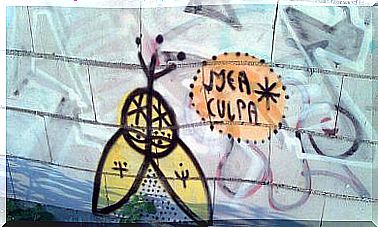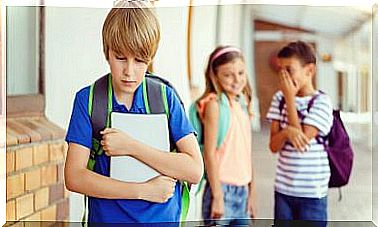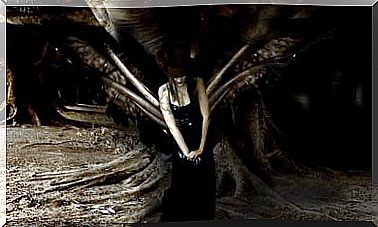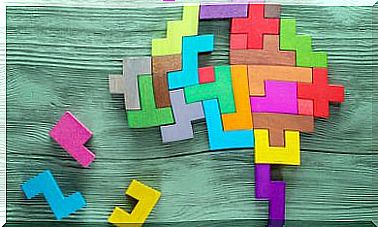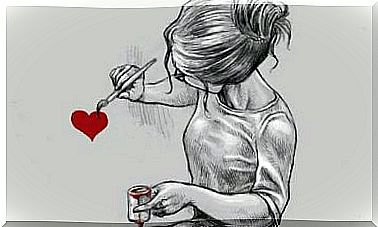The Link Between Soda And Aggression In Children
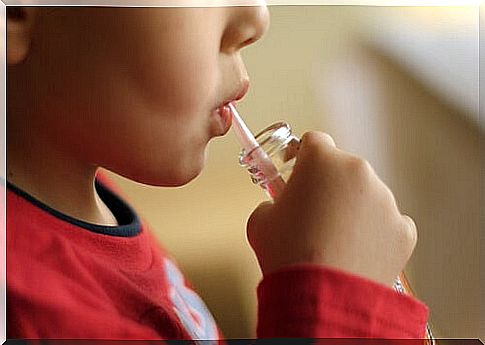
To many parents it may sound exaggerated that the consumption of soda can facilitate aggressive behavior in their children. Well, oversized or not, science supports this idea. The link between soda and aggression in children is supported by a good deal of research.
The literature points out that there is a clear link between aggressive behavior and the consumption of soft drinks in children. But does this happen to all or only to some types? Is it from sugar, caffeine, carbonation, additives, or a combination of several factors?
Soft drinks, children and health
Little by little, we are becoming aware of the benefit that we can obtain by eliminating sugary drinks from children’s diets. Doctors and nutritionists have made it clear that soft drinks provide empty calories to children and contribute to increasing the rate of childhood obesity. Dentists advise children not to drink sugary drinks, as they are one of the main causes of tooth decay.
Additionally, many sodas also contain caffeine. Caffeine does much more than upset children and delay the time they fall asleep. Caffeine can cause headaches, an upset stomach, nervousness, and trouble sleeping. Caffeine has also been associated with some behavioral problems and disorders of the nervous system. Even in small amounts, caffeine can cause these effects in children.
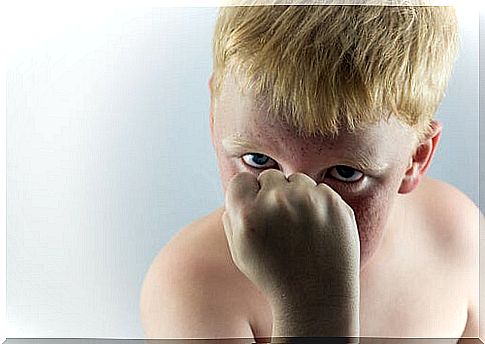
Soft drinks and aggression in children
Behavioral problems associated with soda is not an issue to be taken lightly. If health problems aren’t enough to get parents to take action, behavioral problems associated with using these add to the list of reasons.
A 2013 study published in The Journal of Pediatrics found that aggression, withdrawal behavior, and attention problems are related to soft drink consumption in young children (Suglia, 2013).
The researchers evaluated 3,000 5-year-olds from 20 different cities in the United States. The researchers found that the consumption of these types of beverages was related to aggressive behavior.
To do this, they tried to isolate their influence, eliminating that of important factors such as maternal depression, paternal incarceration and domestic violence. Additionally, children who drank four or more sodas a day were twice as likely to end up destroying other people’s belongings.
The link is unclear
The link between soda and aggressive behavior in children is unclear. Since sodas are highly processed, researchers suspect ingredients such as aspartic acid or phosphoric acid may be linked to behavior problems.
Caffeine has also been linked to some behavior problems in children, so researchers suspect that caffeine content may be part of the problem.
In addition, high intake of these types of sugary drinks can also affect blood glucose levels. Low blood glucose can make children crave soda, while also becoming withdrawn or aggressive.
The dangers of drinking soda in teens
Studies have also linked behavioral and emotional problems in teens with soda consumption. A study published in the International Journal of Injury Control and Safety Promotion linked the consumption of soft drinks with aggression, depression and suicidal behavior in adolescents (Solnick and Hemenway, 2013)
According to the researchers, the more sodas teens drink, the more likely they are to get into peels. In addition, they found that adolescents were more likely to feel sad or hopeless and to have suicidal thoughts or behaviors.
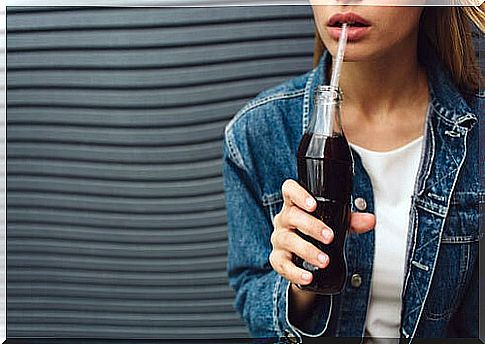
Aggressive behavior may be related to soda
To summarize: among the many factors that can cause a child to become consistently aggressive is the consumption of soda. In fact, eliminating these types of drinks from your child’s diet can improve their behavior considerably.
These types of beverages include carbonated sodas, sugary sodas, processed juices, caffeinated drinks, and energy drinks. Especially important is not to let children drink energy drinks – including sports drinks. Many of these drinks contain stimulants like guarana and taurine, as well as high amounts of caffeine.




